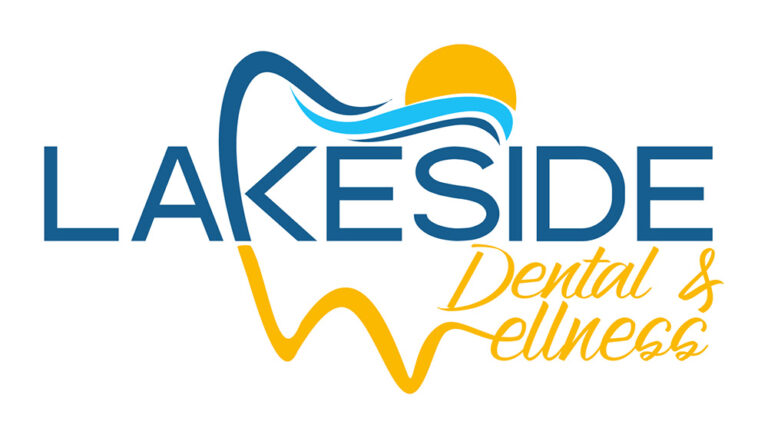Emergency Dentistry
Dental problems can occur unexpectedly, and scheduling appointments in advance is not always possible. In such situations, our emergency dentistry services can help restore your smile quickly so you can move past the pain and injury.
Your Trusted Emergency Dentist In Augusta, KS

-
What is a dental emergency?
Dental emergencies come in different forms. Some examples include sudden and severe toothaches, chipped or cracked teeth from accidents, loose or damaged restorations, and lost or damaged teeth. To determine if your situation is an emergency, ask yourself the following questions:
- Are you experiencing severe pain or swelling?
- Is your toothache unbearable?
- Do you have a knocked-out or loose tooth?
- Are you experiencing swelling in your cheeks or face with a toothache?
- Are you experiencing extreme tooth sensitivity?
- Are you bleeding from the mouth, and won’t it stop?
- Is your jaw injured?
Generally, any dental issue requiring immediate treatment to stop bleeding, alleviate severe pain, or save a tooth is classified as an emergency. This also applies to severe infections that can be life-threatening and require professional care as soon as possible.
-
What’s the best way to handle a dental emergency?
If you ever experience a dental emergency, the best thing you can do is to contact your dentist immediately. However, if the emergency occurs outside of regular office hours or is very severe, going to the nearest emergency room would be the best action.
Depending on the type of dental emergency you are experiencing, there are some things you can do to help ease the pain and manage the situation. Here are some tips that you can try:
- Dissolve a teaspoon of salt into a mug of warm water and use it as a mouthwash.
- Try flossing to alleviate any gum pressure.
- Use a cold compress on the swelling or painful area.
- Rinse with diluted Hydrogen Peroxide to eliminate bacteria.
- Take over-the-counter pain medication to alleviate the pain.
Remember, seeking professional help as soon as possible is vital when experiencing a dental emergency.
-
What should I do if I have a knocked out tooth?
Don’t touch the roots or top of the tooth. The roots of your teeth are delicate. Only pick up and handle your lost tooth by the sides and chewing surface.
Clean the tooth gently. You can use water or milk to gently rinse the tooth. Do not try to rub, scrub, dry off, or use soaps or chemicals to clean your lost tooth.
Put the tooth back in the socket, if possible. Once cleaned, you should try to gently replace the tooth, handling only the sides and bottom. Once replaced, you can softly bite down to keep it there. Make sure your tooth is oriented properly and not backward. Do not try to force it if it won’t fit properly.
If you can’t put it back, keep it moist. Putting the tooth in a glass of milk to soak is a great option. Alternately, you can softly hold the tooth between your gums and cheek. However, this shouldn’t be done with younger children who could swallow the tooth. Don’t use tap water to soak a knocked-out tooth because it could damage the roots. If you don’t have cow’s milk and can’t hold your tooth in its socket or your cheek, spitting into a container and soaking the tooth in saliva is the next best option.
Call the dentist. Getting to a dentist as quickly as possible is critical. It is possible to reattach a tooth an hour or more after it has been knocked out. The sooner you can see a dentist, the better the chances are of reattaching it.
More Questions?
If you have more questions about emergency dental care, please contact our office and we will be happy to discuss further.

